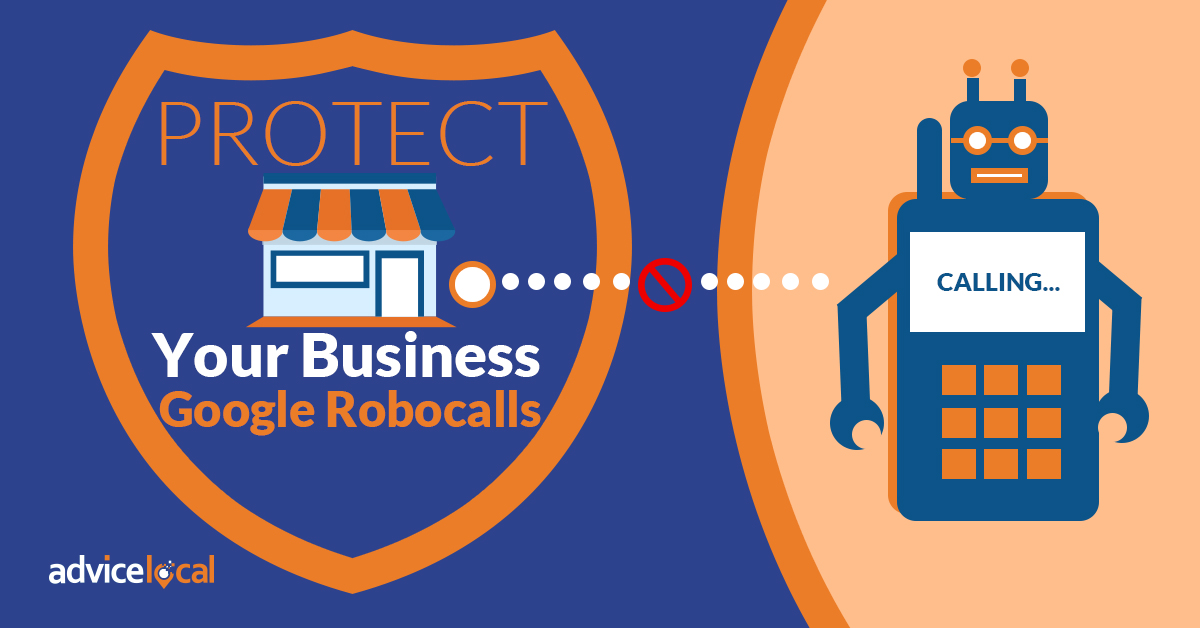Not long ago, the majority of households relied on landline phones for basic telecommunications. They were primitive devices. You couldn’t send texts, receive disappearing images from friends, or even update your Facebook status on them.
What’s worse, landlines had an affinity for producing unwanted calls. Based on empirical evidence, 95 percent of the time the person calling was someone you didn’t know trying to sell you something you didn’t want. You know, telemarketers.
And while home landlines have started to vanish, telemarketers are still hanging around, calling business lines and cell numbers. They’re like the Nickelback of the sales industry. No matter how many people don’t like them, they won’t go away.
What’s worse, the practice is becoming more sophisticated. Telemarketing companies have figured out that human callers are incredibly inefficient. Human callers can only work a set number of hours per day, need to get paid, and occasionally start crying after being berated and hung up on all day.
Robots, on the other hand, don’t need that type of coddling. They can serve up thousands of automated calls every day, saving telemarketing companies from human glitches like hoarse voices, meddling labor laws, and nervous breakdowns.
The New Era of Telemarketing
That’s why companies have turned to automated recordings, or Robocalls. These Robocalls have turned into such a nuisance, U.S. consumers have registered more than 222 million active phone numbers on National Do Not Call list as of September 2015. And, during Fiscal Year 2015, more than 2,500 businesses spent a combined $13.3 million on fees to register their numbers on these lists.
Consumer outrage against Robocalls has even prompted Congress to intervene. In April 2016, U.S. Congresswoman Jackie Speier introduced the Repeated Objectionable Bothering of Consumers on Phones Act, code name: the Robocop Act. If passed, the law would require telecom providers to offer customers free Robocall-blocking technology.
And Congress is not alone in their war against evil Robocalls. In September 2015, Google took up the fight after receiving hundreds of complaints about automated calls from companies claiming to represent the search engine giant.
Don’t Fall Prey to the Scheme
“Callers commonly bombard recipients—usually small business owners or individuals—with misleading offers and promotions for improving Google Search and AdWords rankings, or to improve their Google Business Profile (formerly Google My Business),” said Google Business Profile Operations Manager Brad Wetherall in a blog post.
Many of you reading this post have probably received a similar type of call; but for the uninitiated, here’s how a typical “Google” call might go:
Phone rings. An unsuspecting employee sets down their book of Soduku puzzles and picks up the phone: “Hello, thank… “
The employee’s polite greeting is quickly interrupted by a message like this: “Our records indicate that your Google Business Listing has not been claimed…”
Now, in most cases, the employee hangs up immediately and goes back to solving that Soduku puzzle. But some employees stay on the line, concerned their business’ presence on Google is in peril, and choose to continue the call with a real person. Sometimes the business representative even makes it far enough into the call to purchase the “solution.”
At this point, the Robocall becomes a Robosale. This is when the issue becomes more than a petty nuisance and could turn into an expensive catastrophe for the business owner.
Robocalls Never Come From Google
Google is going after companies that conduct these type of calls. In the blog post referenced above, Wetherall outlines a number of steps business owners can take to avoid Robocalls, warning the calls lead people to “unnecessarily worry, and can lead to rip-offs.” Wetherall also emphasized that “illegal Robocalls never have, and never will, come from Google.”
It can be difficult to find the companies engaged in these activities. Robocallers often use “untraceable phone numbers, fake company names, and massive global networks of intermediaries. However, Google did file a lawsuit against a search engine optimization (SEO) company engaged in these types of calls.
To give you an idea of just how dangerous the services Robocalls solicit can be, just check out the company’s Yelp page. It’s littered with bad reviews from scorned customers. A few bad reviews is understandable, but 100 one-star ratings out of 117 total reviews is pretty telling.
And if those reviews don’t paint a compelling enough picture, here’s what a former employee of the company wrote in an online review:
“They trained their sales reps to tell people they are Google partners when they are far from it. They use an automated system to call cellphones and residential homes… The automated system says press 1 to speak to a Google+ specialist. This tactic is used to confuse people intentionally…”
It’s unfortunate that this type of thing happens in the local SEO industry. Managing listings on sites like Google is an important – and, at times, challenging – task for local businesses. It’s far too important to a business’ online presence to be left in the hands of these types of companies.
So for you small business owners out there, I leave you with this small piece of advice: if you ever receive one of these calls, hang up and follow Google’s instructions to add your number to the do not call list. And, if you are concerned that your business’ presence on Google is in jeopardy, there are plenty of reputable local SEO agencies out there to help manage your listings.
 Sean Flavin is a Marketing Communication Specialist at Marquette Group with a background in both journalism and search engine optimization. He is the managing editor of Marquette Group’s blog and a regular contributor. Follow him on Twitter for updates in the digital marketing industry.
Sean Flavin is a Marketing Communication Specialist at Marquette Group with a background in both journalism and search engine optimization. He is the managing editor of Marquette Group’s blog and a regular contributor. Follow him on Twitter for updates in the digital marketing industry.



